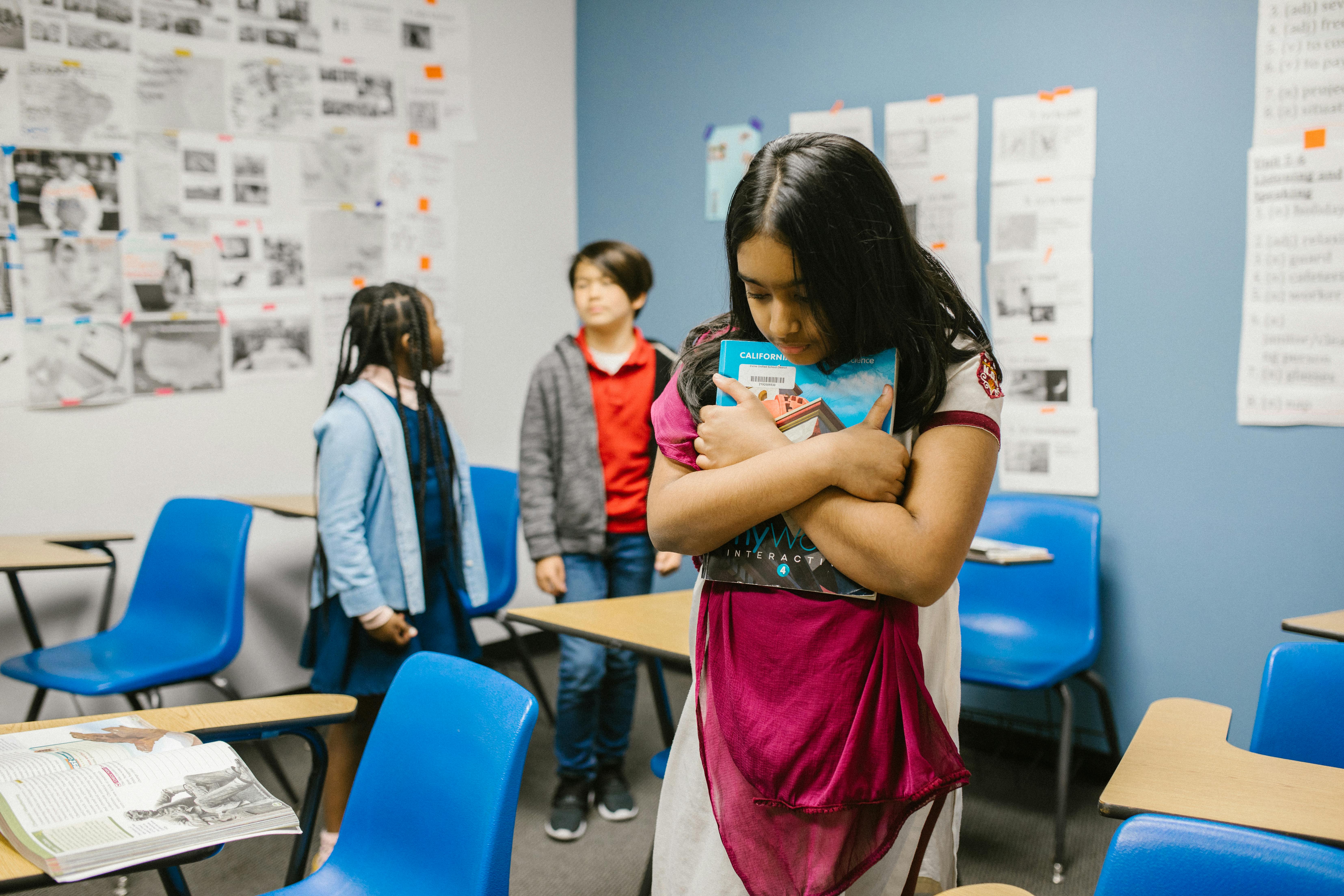Standards-Proof Your Digital Storytelling Efforts
Tools and ideas to transform education. Sign up below.
You are now subscribed
Your newsletter sign-up was successful
In today’s educational climate of No Child Left Behind, classroom instruction must be correlated with local, state and sometimes national standards. This correlation in many cases is in support of a guaranteed and viable curriculum, which itself is in support of effective schools (1). In some instances, this correlation may also relate to high-stakes testing and the need for students to perform at acceptable levels. Given the above, how can educators justify an educational activity like digital storytelling, which at first glance, seems an unlikely candidate for standards-based education? Ironically, the answer to this question can be found through a careful examination of a series of standards and position statements.
21st Century Skills
One of the more recent sets of standards to emerge are the 21st Century Skills. As the name suggests, the skill set defines what students should know and be able to do in the 21st Century, which includes being literate on multiple levels, being capable of independent inventive thinking, being able to communicate in various mediums, and using productivity tools to produce high-quality knowledge products. Specifically, 21st Century Skills are organized into four categories, each containing a set of expectations (20 overall).
a. Digital Age Literacies:
b. Inventive thinking
c. Effective Communication
d. High productivity
The process of digital storytelling addresses 18 of the 20 expectations for what learning should look like in the 21st Century. The need to be literate in many ways (e.g. information literate, visually literate), being able to be creative and take risks, and in the process use cutting-edge tools to communicate in a highly engaging manner makes digital storytelling a process that is truly reflective of 21st Century learning.
The National Council of Teachers of English (NCTE)
Since digital storytelling is traditionally based in personal narrative writing, it is logical to examine the position statements of The National Council of Teachers of English that apply to the process of digital storytelling. Specifically, three are of interest.
Tools and ideas to transform education. Sign up below.
a. On Promoting Media Literacy (1975)
b. Storytelling (1992)
c. On Composing with Nonprint Media (2003)
As early as 1975, NCTE was advocating new models of instruction that promoted “sophisticated media awareness.” In 1992, NCTE released a position on storytelling as a universal tool for communicating understanding from one person to another that could be developed in any learner. These two positions were then supported in 2003 by challenging English educators to develop instructional strategies for composition in non-print media, and that that composition should include text, motion, imagery, sound and music.
NETS for Students: Technology Foundation Standards
The NETS for Students represent a comprehensive set of expectations for technology use in schools. The set is composed of six standards, with several subordinate standards contained within each of the six. Specifically, the process of digital storytelling can be applied to the following standards:
a. Basic Operations and Concepts
b. Social, Ethical and Human Issues
c. Technology Productivity Tools
d. Technology Communication Tools
Any teacher that uses digital storytelling knows that it is a powerful instructional technique that provides an exceptional learning experience for students. Beyond the exceptional products produced by kids, beyond the complexity and hard work, and beyond the emotion of the stories, is an experience that is grounded in fundamental standards and beliefs, so necessary in today’s educational climate.
See also: Making a Case for Digital Storytelling by David Jakes (December 2005)
Email:Dave Jakes
Links
21st Century Skills for 21st Century Learners
NCTE Guideline: Teaching Storytelling
NCTE Position Statement: On Composing with Non-print Media
NCTE Position Statement: On Promoting Media Literacy
NETS-S: Standards for Students
(1) Marzano, R. (2003). What Works in Schools-Translating Research into Action. Alexandria, VA: Association for Supervision and Curriculum Development.
